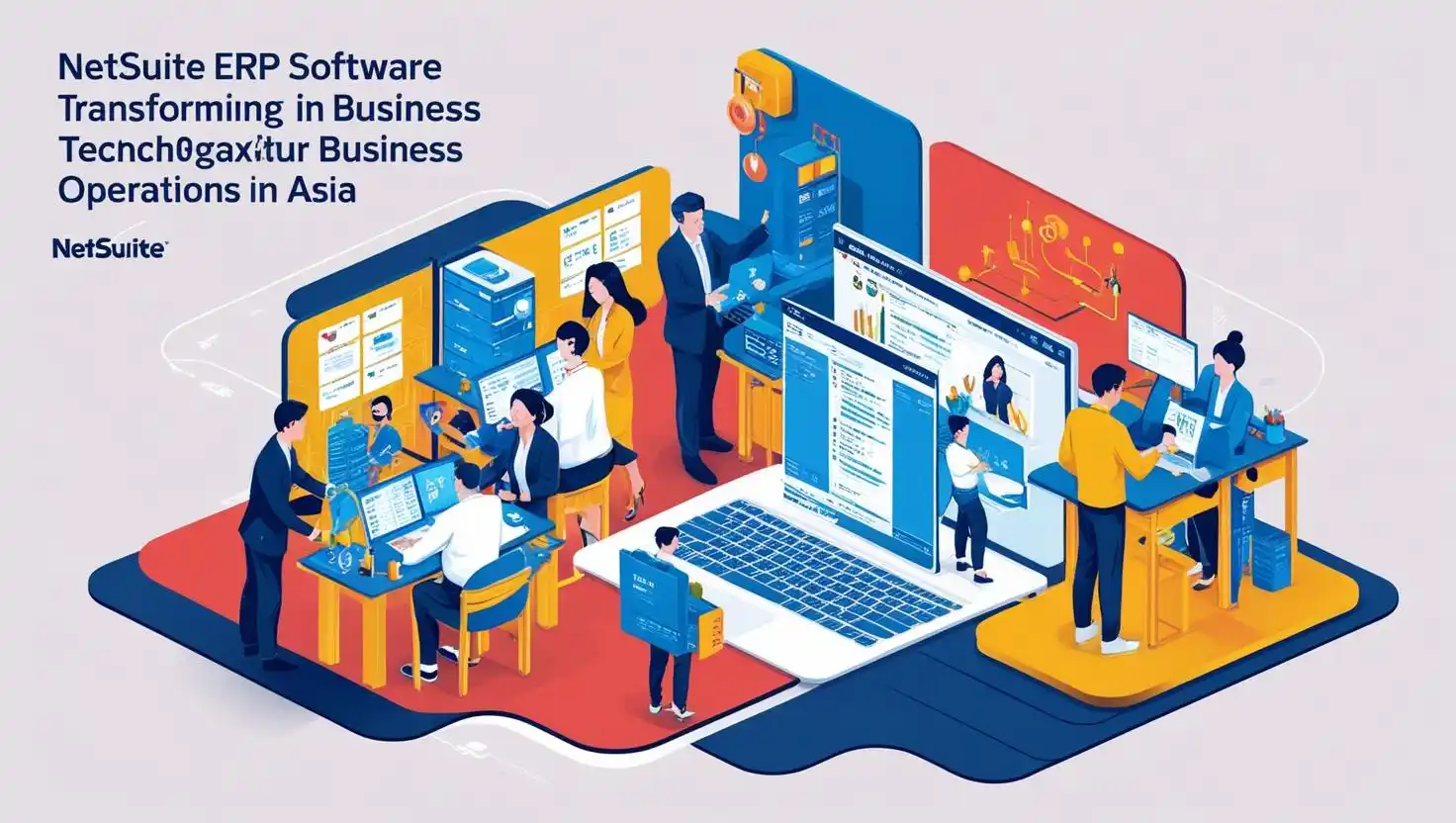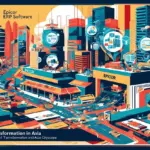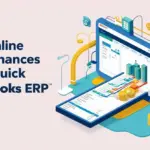In today’s fast-paced business environment, having a robust system to manage operations is essential, especially in the dynamic markets of Asia. Enter NetSuite ERP, a cloud-based solution that is making significant strides in the realm of enterprise resource planning across the continent. But what exactly is NetSuite ERP, and how can it transform businesses in Asia? Let’s explore this powerful tool and uncover its many benefits.
What is NetSuite ERP?
NetSuite ERP is a comprehensive cloud-based enterprise resource planning software that helps businesses manage their core processes in a unified system. From financial management to customer relationship management, NetSuite offers a suite of applications designed to streamline operations and improve efficiency, making it particularly valuable for the diverse and rapidly growing markets in Asia.
A Brief History of NetSuite
Founded in 1998, NetSuite was one of the first companies to deliver business applications over the internet. Over the years, it has evolved into a leading ERP solution, serving thousands of organizations worldwide, including many in Asia. In 2016, Oracle acquired NetSuite, further solidifying its position in the market and expanding its reach in the Asian region.
Key Features of NetSuite ERP
NetSuite ERP is packed with features that cater to various business needs, which are particularly relevant for Asian businesses:
- Financial Management: At the heart of NetSuite ERP is its financial management module. This feature allows businesses to manage their accounting, budgeting, and financial reporting seamlessly. With real-time visibility into financial performance, organizations can make informed decisions quickly, a crucial advantage in Asia’s fast-moving markets.
- Customer Relationship Management (CRM): NetSuite’s integrated CRM capabilities enable businesses to manage customer interactions effectively. From tracking leads to managing sales pipelines, the CRM module helps organizations build stronger relationships with their customers, which is vital in the relationship-driven business culture of Asia.
- E-commerce Integration: In an era where online shopping is booming, especially in Asia, NetSuite’s e-commerce integration is a game-changer. Businesses can manage their online stores, track orders, and analyze customer behavior all within the same platform, providing a seamless shopping experience.
- Inventory and Supply Chain Management: NetSuite ERP offers robust inventory and supply chain management tools. Businesses can monitor stock levels, manage suppliers, and optimize their supply chain processes, ensuring that they meet customer demands without overstocking, which is essential in the diverse and geographically dispersed markets of Asia.
Benefits of Using NetSuite ERP in Asia
Implementing NetSuite ERP can bring numerous advantages to organizations in Asia:
- Scalability: One of the most significant benefits of NetSuite ERP is its scalability. As businesses in Asia grow, NetSuite can easily adapt to changing needs, allowing for the addition of new functionalities and users without a hitch.
- Real-Time Data Access: With NetSuite, businesses have access to real-time data at their fingertips. This feature enables quick decision-making based on the latest information, enhancing agility and responsiveness in the competitive Asian markets.
- Improved Collaboration: NetSuite’s cloud-based platform fosters collaboration among teams. Employees can access the system from anywhere, facilitating communication and teamwork, whether they are in the office or working remotely, which is increasingly common in Asia.
Challenges of Implementing NetSuite ERP in Asia
While the benefits are compelling, there are challenges associated with implementing NetSuite ERP in Asia:
- Cost Considerations: Implementing an ERP system can be a significant investment. Organizations must consider not only the software costs but also the expenses related to training, support, and potential downtime during the transition.
- Change Management: Transitioning to a new ERP system often requires a cultural shift within the organization. Employees may resist change, making it essential for management to communicate the benefits and provide adequate training.
How to Choose the Right NetSuite ERP Solution in Asia
Selecting the right NetSuite ERP solution is crucial for success in Asia. Here are some tips to guide your decision:
- Assessing Business Needs: Before choosing an ERP system, it’s essential to assess your business needs. Consider what features are most important for your organization and how the software can address those needs.
- Customization Options: NetSuite offers a high degree of customization, allowing businesses to tailor the system to their specific requirements. Ensure that the solution you choose can be adapted to meet your unique operational needs.
Future Trends in NetSuite ERP in Asia
As technology continues to evolve, several trends are shaping the future of NetSuite ERP in Asia. These include increased integration of artificial intelligence (AI) for predictive analytics, enhanced mobile capabilities, and a greater focus on cybersecurity to protect sensitive data.
Conclusion
In conclusion, NetSuite ERP is a powerful tool that can transform how businesses operate in Asia. By streamlining processes, improving data accuracy, and enhancing collaboration, NetSuite ERP helps organizations stay competitive in a rapidly changing market. While challenges exist, the potential rewards make it a worthwhile investment for businesses looking to thrive. Embracing the capabilities of NetSuite ERP will be essential for sustained success in the Asian business landscape.







